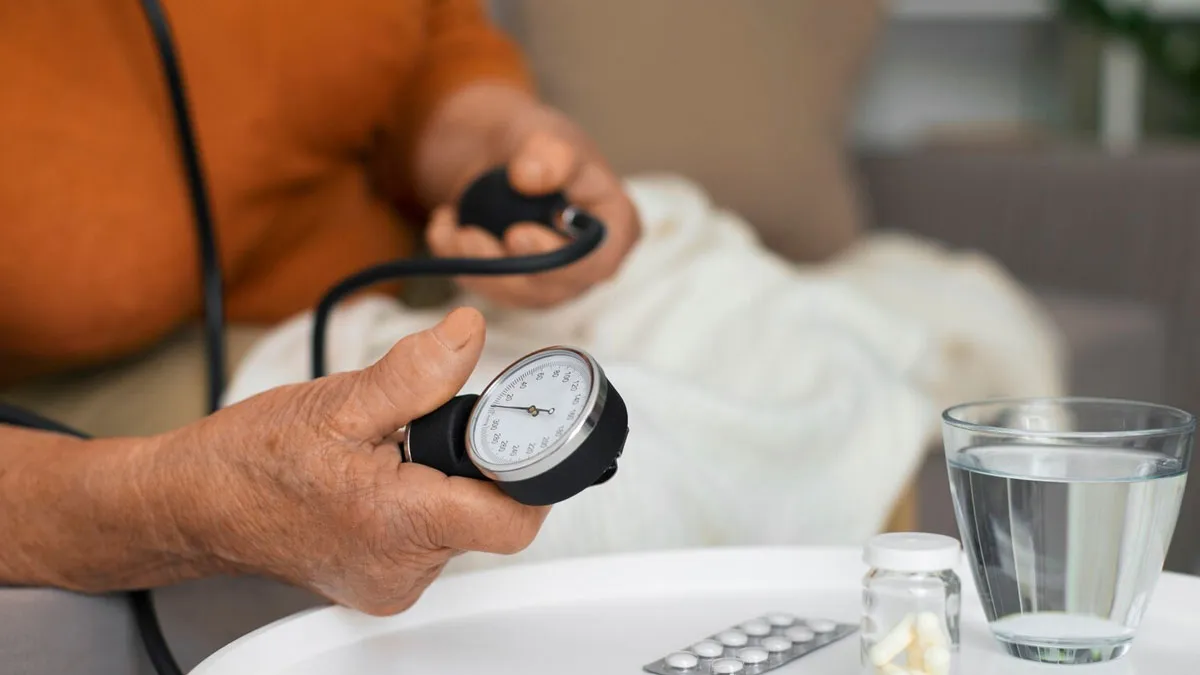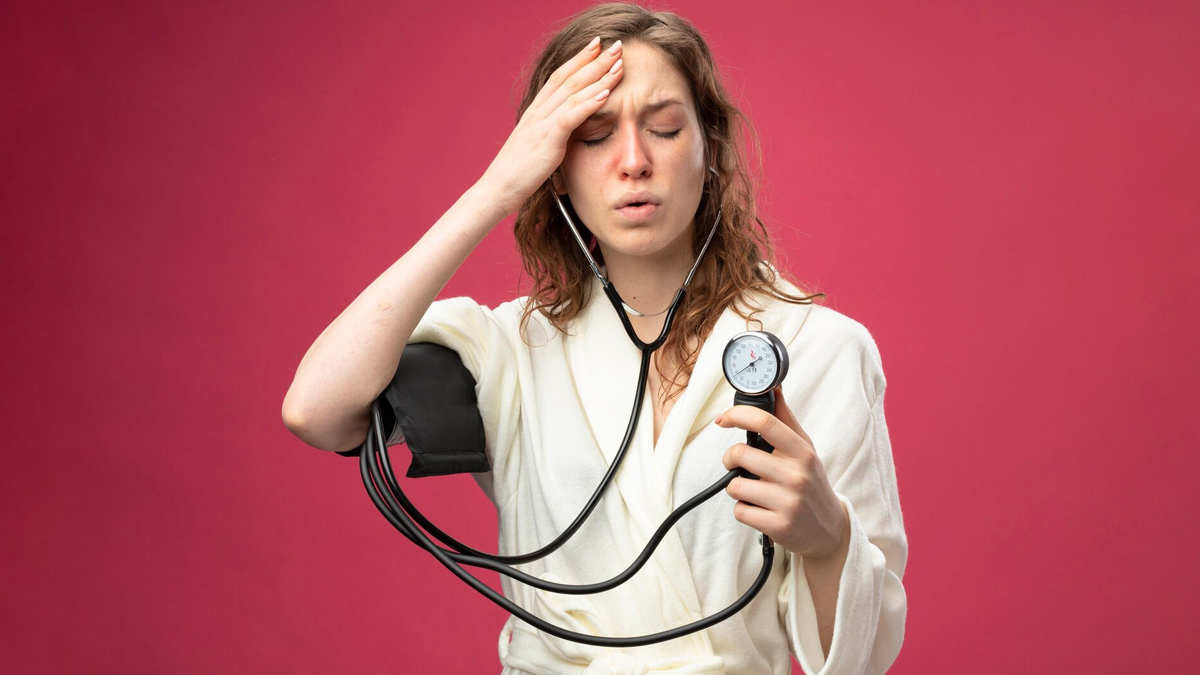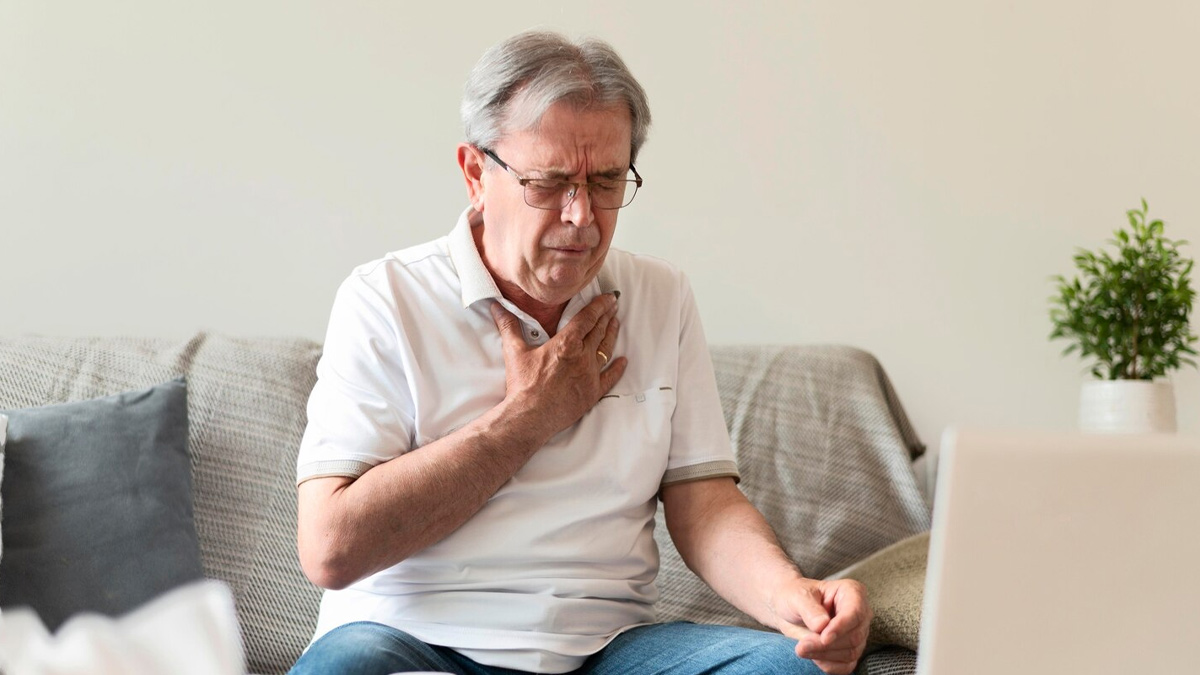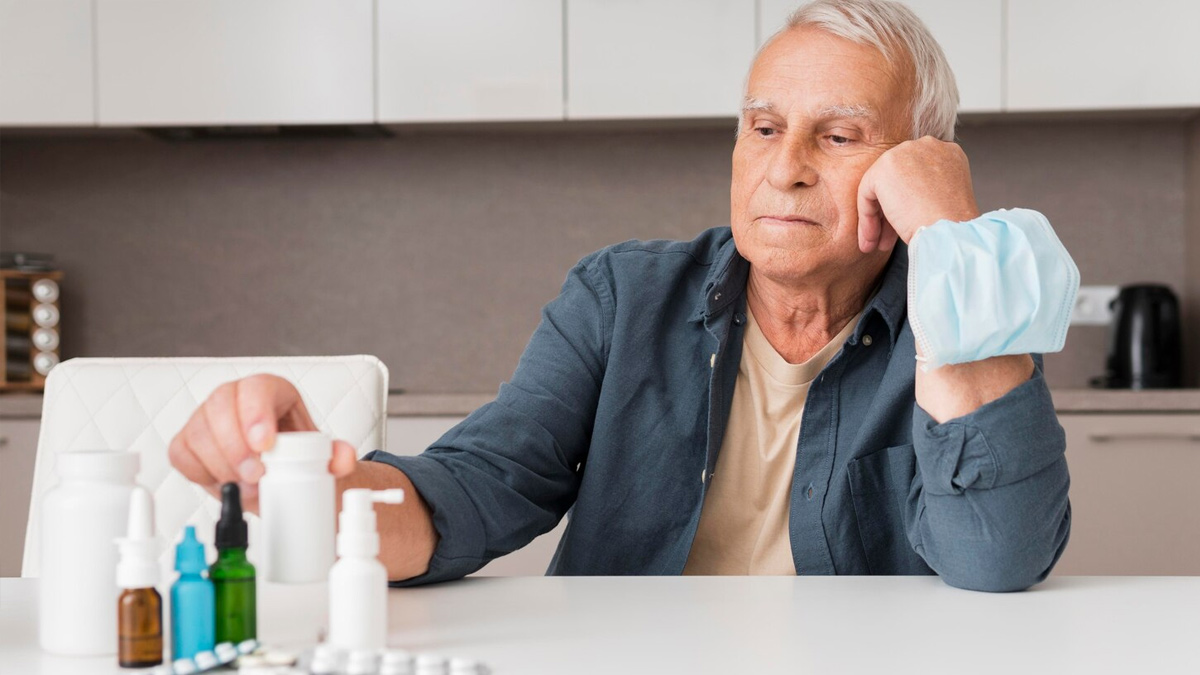
High blood pressure, or hypertension, can affect anyone, irrespective of age, gender, or ethnicity. It is a condition where the force of blood against artery walls is consistently too high, putting extra strain on the heart and blood vessels, increasing the risk of serious health problems like heart disease, stroke, and kidney disease.
Table of Content:-
While temporary spikes in blood pressure levels are harmless and settle on their own, hypertension is generally a chronic condition that requires management. In certain cases, when blood pressure levels are not managed effectively, a hypertensive crisis may occur, which is a kind of emergency that demands immediate medical attention. Here’s a complete guide on how one can bring down alarmingly high blood pressure levels and ways one can prevent such episodes.
Also Read: Blood Pressure In The Digital Age: How Screen Time And Sleep Disruptions Affect The Heart
What Is A Hypertensive Crisis?

Dr LK Jha, Associate Director and Head of Unit II – Cardiology, Asian Hospital, Delhi, describes a hypertensive crisis as blood pressure above 180/120 mm Hg, classified as urgency (no organ damage) or emergency (damage to heart, brain, kidneys, or eyes). "It’s highly dangerous, risking stroke, heart attack, aortic dissection, or kidney failure," he highlights.
According to the doctor, emergencies carry a 10-15% mortality rate if untreated. Prompt medical intervention is critical to prevent irreversible harm, especially in those with pre-existing hypertension. Regular BP monitoring is essential to catch spikes early.
Warning Signs Of Hypertensive Crisis That Should NOT Be Ignored

According toStatPearls Publishing, approximately 1 in 100 individuals with hypertension are estimated to experience a hypertensive crisis during their lifetime. The research highlights that about 0.5-3% of all emergency department visits involve patients presenting with a suspected hypertensive emergency, and 25% of those are confirmed to have a hypertensive emergency and require immediate intervention to reduce blood pressure to safe levels.
Common warning signs of hypertensive crisis include:
- Severe headache
- Blurred vision
- Chest pain
- Shortness of breath
- Confusion
- Nausea
- Vomiting
- Nosebleeds
- Seizures
- Dizziness
- Tingling in limbs
- Irregular heartbeat
Dr Jha advises, “When the BP is above 180/120 mm Hg accompanied by these symptoms, go to the emergency care to avoid life-threatening complications.”
Immediate Steps To Take During A Hypertensive Crisis

In case of a hypertensive crisis, Dr Jha warns against taking matters into your own hands. Instead of trying to reduce blood pressure at home in a suspected hypertensive crisis, he advises hurrying to a hospital and starting IV medications.
“In asymptomatic urgency, reach your doctor as fast as you can, though ER assessment would be safer. There is no effectiveness and safety of home remedies such as rest or herbs,” he emphasises.
Also Read: Should Hypertensive Patients Take Hot Baths? Doctor Answers
Treatment Options
During hypertensive crises, IV drugs, such as labetalol (beta-blocker), nicardipine (calcium channel blocker) or sodium nitroprusside (vasodilator), are effective in reducing BP by 20-25 per cent in the initial hour.
According to Dr Jha, ICU surveillance manages organ injury through supportive treatment such as oxygen or diuretics to treat pulmonary oedema. Captopril or clonidine is administered orally in the case of emergencies. The aim is at avoiding further damage without releasing BP hypothetically fast enough to cause ischaemia.
How To Prevent A Hypertensive Crisis
To avoid spontaneously increasing blood pressure levels, Dr Jha recommends taking medications properly, eating a low-sodium DASH diet, engaging in 150 minutes of physical activity per week, exercising and relieving stress through meditation or yoga.
“Restrict alcohol/caffeine use, not NSAIDs or decongestants, and check BP at home repeatedly,” he adds.
Additionally, having a healthy weight, cessation of smoking and good sleep can also reduce the risk of a hypertensive crisis. “The possibility of a hypertensive crisis is minimised with time since routine check-ups enable the adjustment of the treatment,” Dr Jha concludes.
Also watch this video
Read Next
American Heart Association Updates Blood Pressure Guidelines: Why Ideal Is Now Below 120/80 mm Hg
How we keep this article up to date:
We work with experts and keep a close eye on the latest in health and wellness. Whenever there is a new research or helpful information, we update our articles with accurate and useful advice.
Current Version